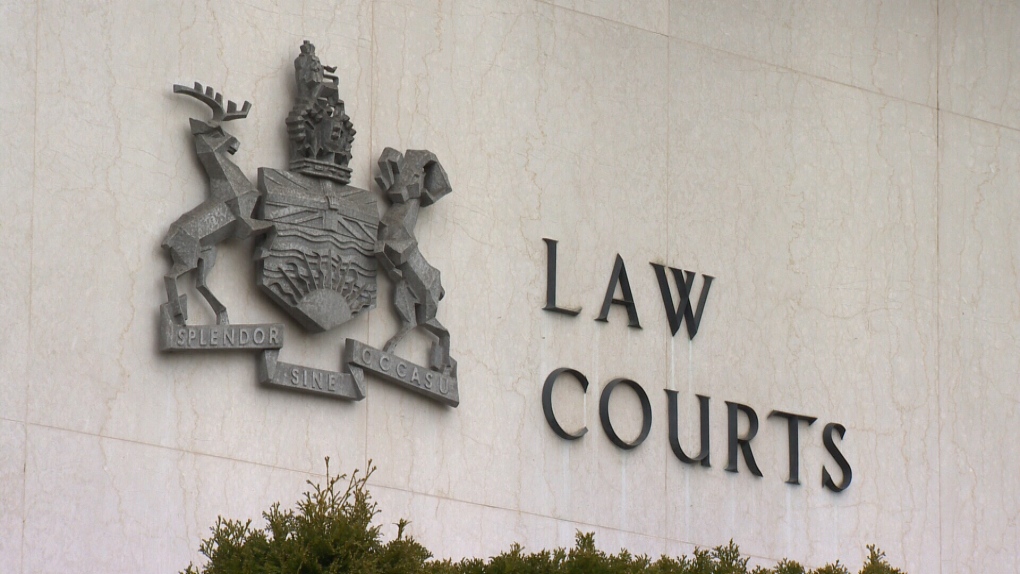Rise in Legal Rows Over Inheritances Sparks Concerns and Controversy
Inheritance disputes in England and Wales have seen a significant increase of more than 34 per cent in the past five years, according to figures from the Ministry of Justice. The rise in legal rows over inheritances has been attributed to various factors, including high property values, complex family structures, and opportunistic individuals.
Experts have noted that the number of inheritance disputes going to court is just the “tip of the iceberg,” with many cases not reaching the legal system. Recent high-profile cases, such as the battle over a Russian tycoon’s £100 million estate and a court dispute between the children and stepchildren of an engineer who invented a foetal heart monitor, have highlighted the growing trend of inheritance conflicts.
One of the contributing factors to the increase in disputes is the rising value of family homes, which now account for the most valuable asset in many estates. The average house price in England and Wales has seen a significant increase, leading to more contentious issues over inheritances.
Despite the record number of inheritance disputes reaching the courts, the majority of cases are resolved outside of the legal system. Families often choose to settle disputes privately to avoid prolonged distress and legal costs. In some cases, families have opted to pay settlements rather than litigate the terms of a will in court.
The issue of inheritance disputes has also caught the attention of policymakers, with Downing Street reportedly considering scrapping inheritance tax in the spring to boost the government’s popularity. The potential tax cut is part of a broader discussion on tax reforms, including increasing income tax thresholds and reducing rates. While the proposal to eliminate inheritance tax may be controversial, it reflects the ongoing debate on how to address the growing number of inheritance conflicts in England and Wales.


